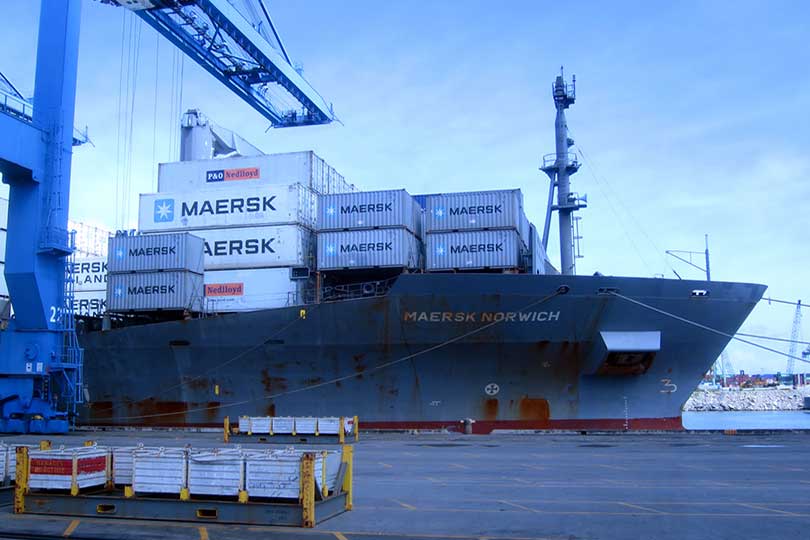By Jessica Domel
Multimedia Editor
Fulfilling a campaign promise, President Donald Trump signed an executive order Monday withdrawing the United States from the Trans-Pacific Partnership (TPP).
The move, according to the American Farm Bureau Federation (AFBF), could hurt American farmers, ranchers and businesses.
“U.S. agriculture creates jobs and supports economic growth in rural America, and American agriculture depends on maintaining and increasing access to markets outside the United States,” AFBF President Zippy Duvall said. “Trade is vital to the success of our nation’s farmers and ranchers. More than 25 percent of all U.S. ag production ultimately goes to markets outside our borders.”
AFBF viewed TPP as a positive agreement for agriculture—one that could have added $4.4 billion annually to a struggling agriculture economy.
“With this decision, it is critical that the new administration begin work immediately to do all it can to develop new markets for U.S. agricultural goods and to protect and advance U.S. agricultural interests in the critical Asia-Pacific region,” Duvall said.
The TPP was a 12-national multi-lateral agreement between the U.S., Canada and 10 other Asia-Pacific countries.
Had it been approved by Congress, the partnership would have been the largest free trade deal to ever involve the United States.
TPP negotiations, coordinated under the Obama administration, ended in October 2015 after days of meetings. The final agreement updated previous agreements and called for the elimination or reduction of more than 18,000 taxes other countries placed on U.S. goods in the form of tariffs.
“American agriculture is virtually always a winner when trade agreements remove barriers to U.S. crop and livestock exports because we impose very few compared to other nations,” Duvall said. “We have much to gain through strong trade agreements. AFBF pledges to work with the administration to help ensure that American agriculture can compete on a level playing field in markets around the world. But we need the administration’s commitment to ensuring we do not lose the ground gained–whether in the Asia-Pacific, North America, Europe or other parts of the world.”
On the campaign trail in 2016, Trump promised to lead the U.S. out of the deal, citing concerns with the potential loss of American jobs.
“My agenda will be based on a simple core principle, putting America first,” Trump said in a YouTube video explaining his goals following the election. “Whether it’s producing steel, building cars or curing disease, I want the next generation of production and innovation to happen right here on our great homeland.”
As part of his plan, Trump’s transition team created a list of things they could do on day one to bring back jobs. That list included an exit from TPP.
Trump called TPP “a potential disaster for our country.”
“Instead, we will negotiate fair, bilateral trade deals that bring jobs and industry back onto American shores,” Trump said.
The administration is also expected to reexamine the terms of the North American Free Trade Agreement (NAFTA). In his statement Monday, Duvall reemphasized the impact NAFTA has on American agriculture.
“U.S. agricultural exports to Canada and Mexico have quadrupled from $8.9 billion in 1993 to over $38 billion today, due in large part to NAFTA,” Duvall said. “Any renegotiation of NAFTA must recognize the gains achieved by American agriculture and assure that U.S. ag trade with Canada and Mexico remains strong. AFBF will work with the administration to remove remaining barriers that hamstring the ability of America’s farmers and ranchers to benefit from trading relationships with our important North American trading partners.”
Following the president’s action Monday, Japanese Prime Minister Shinzo Abe said he believes Trump understands the value of free trade and he will keep pitching a multinational trade pact.
Reuters reports Abe wants to strengthen the U.S.-Japan security alliance and would like to


Thank God for President Trump. TPP is a total disaster waiting to happen.